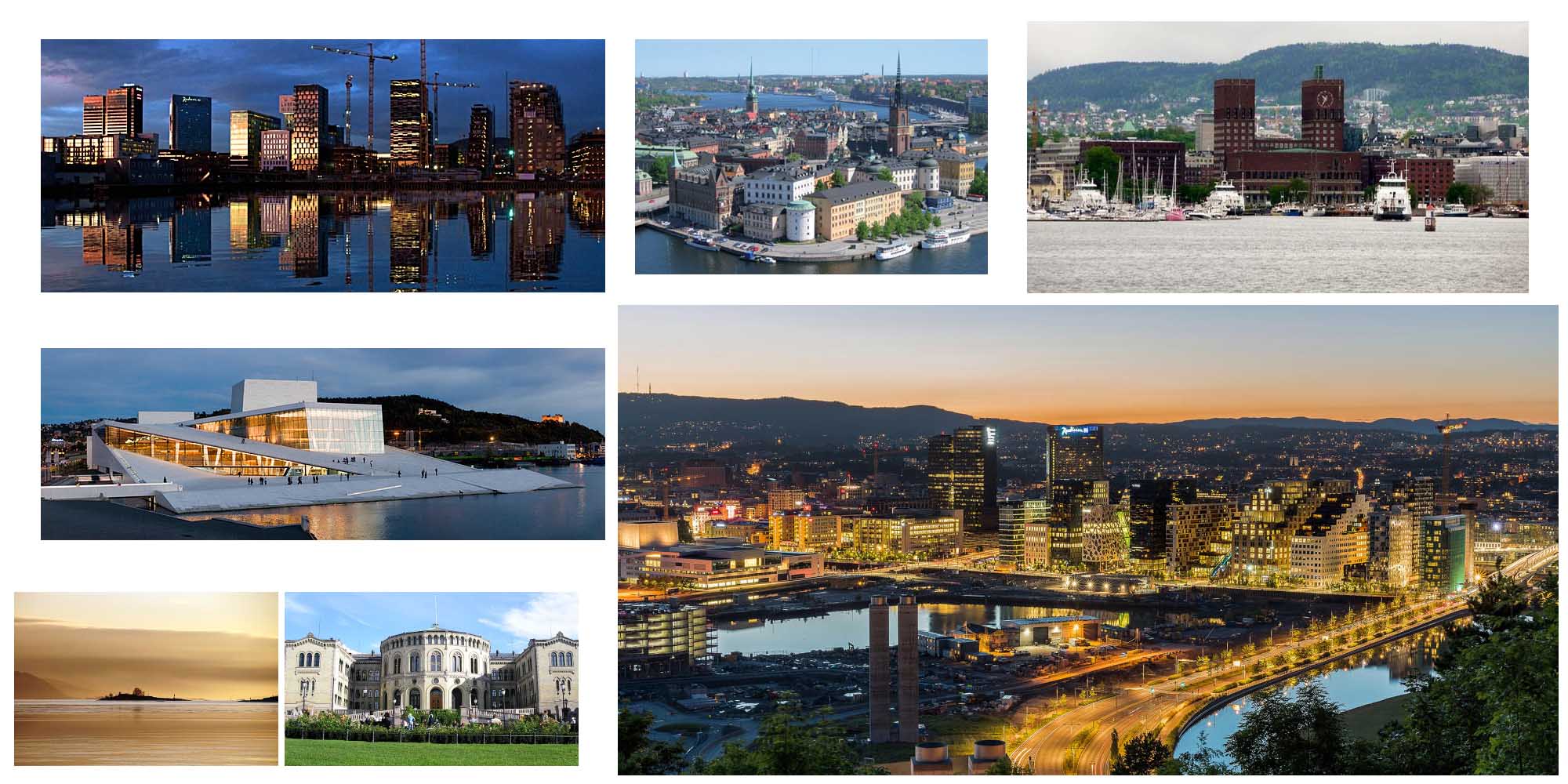Political organizations. The Sami Parliament sits in Karasjok, and its composition is elected by direct vote. The Norwegian Sarns also belong to the Nordic Council, founded in 1953 r. to support cooperation between parliaments and organizations in Norway, Sweden and Finland. The Norwegian Sarns also take part in the deliberations of the World Council of Indigenous Peoples (WCIP), which encourages solidarity and promotes the exchange of information between indigenous peoples in different member states. Nordic Sami Institute in Kautokeino, founded in 1974 r., deals with the promotion of the Sami language and culture as well as teaching, and also supports research, business and environmental protection. Its activities are financed by the Nordic Council of Ministers.
W 1980 r. in Tremso the Nordic Council adopted a program for the Sami based on the following principles:
My, Sarnowie, we are one people, whose community cannot be separated by national borders.
We have our own history, traditions, culture and language. We inherited from our ancestors the right to land, water and our own business.
We have the inalienable right to maintain and develop our business and our communities, according to the circumstances. We will stand guard over our lands together, natural resources and national heritage for future generations.
Full of information, but an angry treatise on Sami culture is the English book The Saami – People of the Sun & Wind, published by Atte, Swedish Mountain and Saami Museum at Jokkmokk, Sweden. The book interestingly describes the Sami traditions in all four countries, within the borders of the country of Sapmi. You can buy it in tourist shops in this region.
Other
Apart from the small Jewish community, most ethnic minority members are either Norwegian spouses, or refugees from conflict-ridden countries. They represent only a very small part of the population and mainly live in Oslo, although many smaller towns also accept a limited number of refugees.
